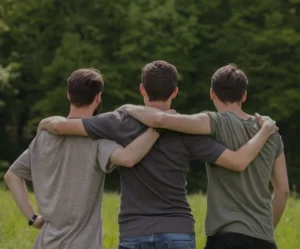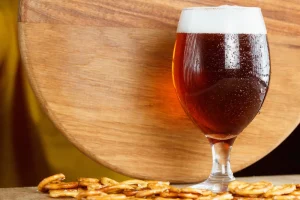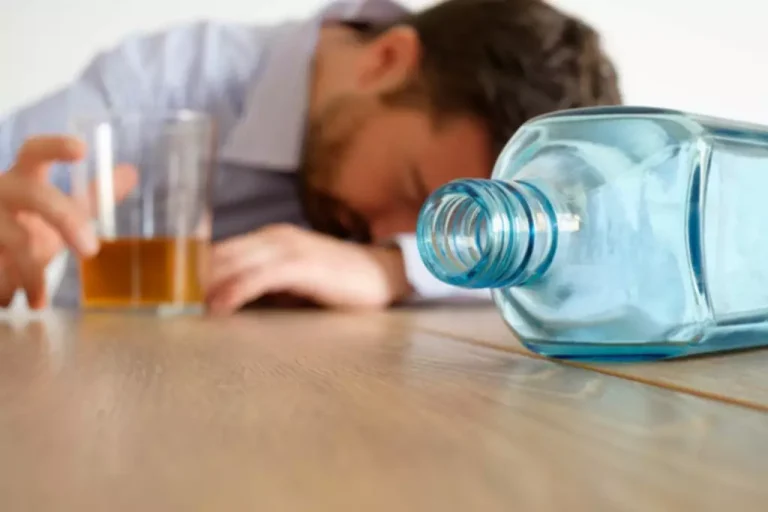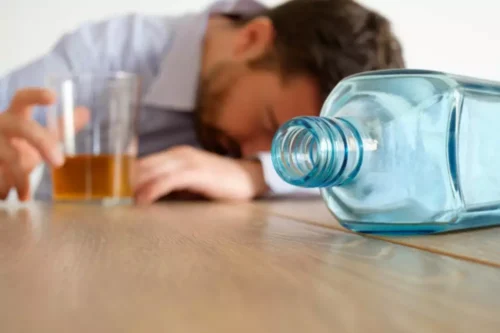
Drinking after work is often seen as a sort of professional ritual. Whether you’re grabbing a beer at a bar with coworkers after a long day or having a glass of wine while attending a formal event to make connections, alcohol can be prescient. However, drinking after work can have hidden dangers, regardless of your profession. In honor of Labor Day, we’ll be exploring the dangers of drinking after work.
How long until your liver detoxes from alcohol?

Alcohol as a perk may also be losing its cool factor – and may even be increasingly seen as problematic. According to a survey of 2,400 workers and 250 employees in the UK from Totaljobs, more than one in three workers see drinking with colleagues as outdated. The open 24/7 beer fridges, Friday drinks trolley and booze-fuelled socials don’t sit as well with workers, and may be becoming less ingrained in corporate culture. It is, therefore, crucial to recognize the fine line between social drinking and its potential to harm relationships. Employers and employees must foster a work culture that promotes healthy habits and supports individuals who choose not to drink after work. Lastly, the physical and mental toll of regular drinking can lead to decreased productivity.
Health Complications from Regular After-Work Drinking
Your body needs protein to increase protein synthesis and carbohydrates to increase glycogen storage,” he says. Whatever the timeline, if you do decide to booze it up, Mayer says serving size is the biggest thing to keep in mind. Two related studies from the Journal https://ecosoberhouse.com/ of Clinical Investigation compared the rate of liver protein synthesis in people consuming alcohol in different quantities.
- It’s likely that most employers will eventually encounter a worker with an alcohol problem, Hoyman said.
- If you have a medical emergency, call your doctor or 911 immediately.
- Despite the relaxing effects you think alcohol may have, it is a depressant.
- This condition disrupts the effective pumping of blood, potentially leading to serious complications, including stroke.
- This cycle can impact the individual’s health, professional performance, and relationships.
Lifestyle Quizzes
- In turn, this affects professional relationships, potentially leading to missed opportunities, job loss, and a damaged reputation.
- A good rule of thumb is to limit yourself to two drinks per event, broken by a glass of water, and sticking to beer or other low alcohol content beverages, while strenuously avoiding hard liquor, especially shots.
- Research indicates that even moderate drinking can lead to an irregular heartbeat and heightened blood pressure, both of which are risk factors for more severe cardiovascular diseases.
- Drinking water may not have a direct impact on feelings of depression, but rehydrating can absolutely help you start feeling better physically.
- Common outward changes may include flushed skin and a distended stomach or “beer belly.” They may not be aware, but alcohol is affecting their bodies internally as well.
These after-work gatherings often serve as a platform for employees to get to know each other on a more personal level. Stories are shared, laughter fills the air, and relationships are strengthened. It is not uncommon for colleagues to discover shared interests or hobbies during these casual get-togethers, leading to the formation of stronger connections both inside and outside of the workplace. And now you know that employers cannot discriminate against you because of your past. About 3 out of 4 employers say that opioids affect their workplaces.

If you have trouble sticking to your limits, Celebisoy says it may be wisest to just avoid drinking altogether. Or it means adopting the same tactics that full-time non-drinkers use. But for over 14 million Americans who struggle with alcohol use issues, and millions more who do not drink as a matter of personal belief or taste, these events can be stressful. Even drinkers often struggle to figure out how and how much they should imbibe during them, or grapple with perceived peer pressure to drink more than they normally would. „The employer couldn’t simply chuckle at employee A, who isn’t an alcoholic, for coming to work hung over after a night of binge drinking while disciplining employee B, who is an alcoholic, for doing the same thing,“ she said. „The stereotypes of the alcoholic as less reliable, trustworthy or productive are based on outdated beliefs and assumptions about addiction,“ she said.
Why workplace drinking culture is fading fast

So drinking a beer with a lower alcohol percentage (like 3.5 percent) as opposed to some IPAs (that have upwards of 9 percent alcohol) may make a difference. So does being super serious about your workouts mean you have to swear off alcohol completely? Athletes who consume alcohol at least once a week are more than twice as likely as non-drinkers to get injured, so maybe yeah, hold off on the mimosas at brunch.
- After-work drinks not only serve as a means of relaxation but also as a way to foster relationships and strengthen team dynamics.
- Employers and employees must foster a work culture that promotes healthy habits and supports individuals who choose not to drink after work.
- You can, however, take steps to lower your chances of emotional side effects when drinking.
- The spate of SHRM inquiries about on-the-job drinking could reflect the time of year, workplace attorneys and substance abuse experts said.
While employers may not consider off-work hours within their jurisdiction, the potential for alcohol-related risks persists. Regular after-work drinking can lead to patterns of behavior that may blur the lines between moderate use and dependence. This cycle can impact the individual’s health, professional performance, and relationships. The first stage of alcoholism is a general experimentation with the substance. Individuals in this stage may not be familiar with different types of alcohol, so they are more likely to test their limits.
But while drinking has long been the center of workplace culture, that quick drink to unwind can easily turn into a several downed over the course of an evening. In fact, chatting over a drink can turn the people you work with into friends. More pertinently, perhaps, they can become allies, confidants you can turn to in times of professional or personal crisis. Doing so provides an opportunity to socialize with co-workers at the drinking after work end of the day, and can help strengthen friendships. Having an extra drink or two once in a while doesn’t automatically translate to heavy drinking.





